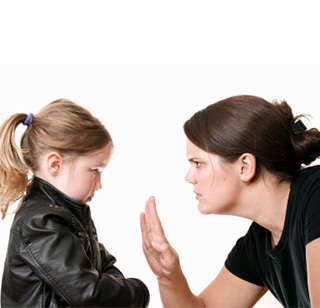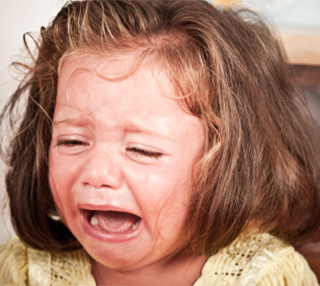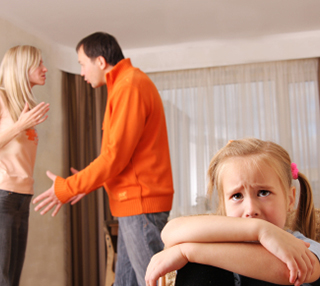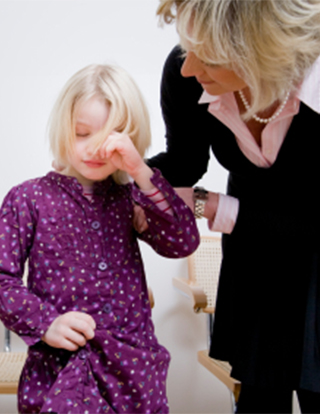Healing from Abuse
Healing from Abuse You Experienced
as an Adult or as a Child
Experiencing abuse is a sad fact of life for many people.
 Abusive relationships or abuse in childhood can have major ramifications in the lives of the abused, including psychological disorders like Post Traumatic Stress Disorder (PTSD) or Complex-Post Traumatic Stress Disorder (C-PTSD).
Abusive relationships or abuse in childhood can have major ramifications in the lives of the abused, including psychological disorders like Post Traumatic Stress Disorder (PTSD) or Complex-Post Traumatic Stress Disorder (C-PTSD).
What Is Abuse?
Abuse has many faces. It can be verbal, emotional, physical, sexual, or spiritual. It is not actually true, as the childhood saying goes, that “sticks and stones may break my bones, but words can never harm me.” Verbal threats, taunts, and bullying may be classified as abuse because they may create fear and lasting anxiety in the person being threatened. Anything that involves threat, ridicule, intimidation, humiliation and harm is abusive.

Child Neglect
Children are particularly vulnerable to abuse due to their natural dependency, innocence, and lack of physical and emotional strength. Besides the overt forms of abuse mentioned above, children may also be abused by being neglected. If children don’t get the love, touch, and support they need from caring adults around them, it has a serious negative effect on them. Child neglect may cause children to have developmental problems and difficulty learning to trust loved ones and form positive relationships later as adults. Children who suffer prolonged neglect may develop Complex Post-Traumatic Stress Disorder (C-PTSD) which can be debilitating, though recovery can be achieved with Somatic Experiencing treatment.
Child Sexual Abuse
The sexual abuse and violation of children is an especially egregious and damaging form of child abuse. Click here for more on child sexual abuse.
How common is child abuse and neglect?
 Child abuse and child neglect are more common than many would expect. Depending on the source consulted, experts estimate that 4 to 16% of children are physically abused, and roughly 10% are neglected. Girls tend to suffer more sexual abuse than boys, with 5 to 38% of girls and 2 to 16% of boys suffering penetrative sexual abuse. Of course, these numbers are difficult to estimate accurately because so many cases of child abuse go unreported. Some experts believe that up to 90-95% of incidents of sexual abuse are unreported.
Child abuse and child neglect are more common than many would expect. Depending on the source consulted, experts estimate that 4 to 16% of children are physically abused, and roughly 10% are neglected. Girls tend to suffer more sexual abuse than boys, with 5 to 38% of girls and 2 to 16% of boys suffering penetrative sexual abuse. Of course, these numbers are difficult to estimate accurately because so many cases of child abuse go unreported. Some experts believe that up to 90-95% of incidents of sexual abuse are unreported.
Guilt and shame
It is beyond the comprehension of most young children that an adult caregiver is “bad.” To believe that would be terrifying. It is more emotionally manageable for children to believe that they (the child) are bad and have caused the upset in their adult caregiver. So most children blame themselves for the abuse, often secretly, and therefore suffer guilt. They may imagine that if they can just “be better,” the scary and bad will go away, and they will feel safe.
What about abuse as an adult?
 Of course, adults may also be emotionally, verbally, physically or sexually abused by family members, at work or school, or in community situations such as by neighbors or law enforcement. Abusers may have serious issues of their own including drug addictions, insecurity, alcoholism, narcissism, or borderline personality disorder. Victims of such abuse may experience their abuser as having superior power in the relationship, such as the power of a boss over an employee, a mentor over a student, or a husband over a wife who does not earn a separate income. This may make it very difficult for the victim of abuse to walk away from the relationship.
Of course, adults may also be emotionally, verbally, physically or sexually abused by family members, at work or school, or in community situations such as by neighbors or law enforcement. Abusers may have serious issues of their own including drug addictions, insecurity, alcoholism, narcissism, or borderline personality disorder. Victims of such abuse may experience their abuser as having superior power in the relationship, such as the power of a boss over an employee, a mentor over a student, or a husband over a wife who does not earn a separate income. This may make it very difficult for the victim of abuse to walk away from the relationship.
Working with Paul to heal from abuse
Such psychological wounds of abuse tend to be very difficult to heal alone. Even the best books and internet advice will probably not offer lasting healing.
I work with abuse survivors to unlock the hold that an abusive past has on one’s present life. Blaming yourself for the abuse or denying that it ever happened is not helpful, but releasing the grip that it has on you is possible and leads to a happier, more fruitful life.
With Somatic Experiencing, I help my client learn to stay very close to their current moment physical or emotional experience. Remembering or sharing details from the past is not required, nor is figuring out the reasons you feel these ways. The “body memories” and feelings can be trusted even when the mental memories are unclear. For example, if some action by another or yourself or some sexual act is very confusing or scary to you, you can work to heal those feelings and sensations directly through sensing into them, respecting and feeling them in a therapy session with my support.
With Somatic Experiencing, the emphasis is on repairing damaged boundaries, being present to body sensations and feelings, and discharging the pent-up adrenalin in the nervous system. I use various body-centered exercises to help you experience these things, as well as homework assignments to do on your own.
Learning to stay present to sensations is a fast track to healing. It will often lead to a diminishing of physical or emotional pain within minutes. However, for survivors of abuse, trying to do this alone, in the beginning, may trigger flashbacks. Therefore, I work with these clients first to repair boundaries, build resources, and restore a sense of safety. Then body awareness and other healing work may proceed in turn.
Many thousands of abuse survivors have healed from these problems. You can, too.
Paul, I hope this email can convey at least a small portion of my deep gratitude. I’m getting my life back. Overcoming challenges has become much easier. My confidence is building. Using the techniques that you’ve taught me I’m seeing what’s good in my life.
